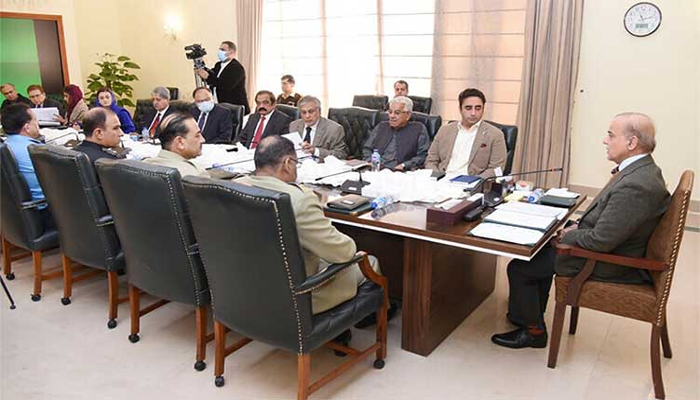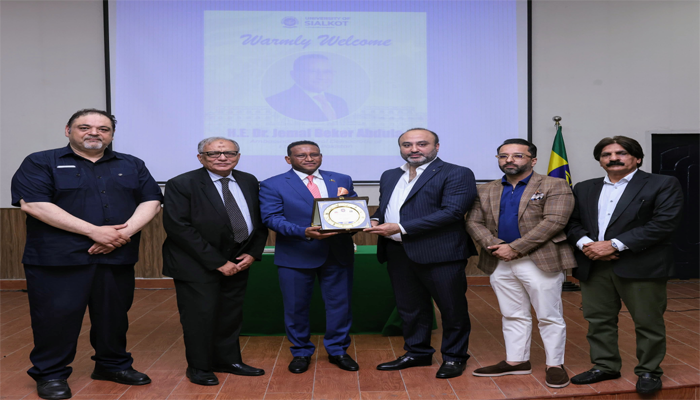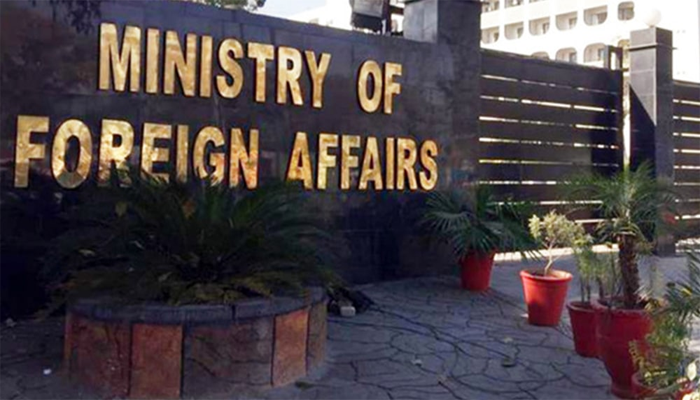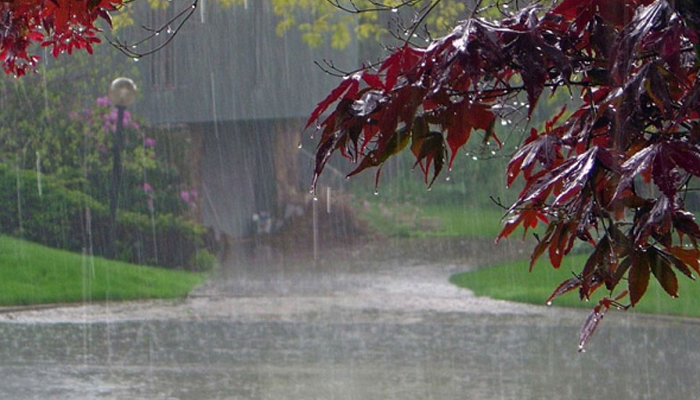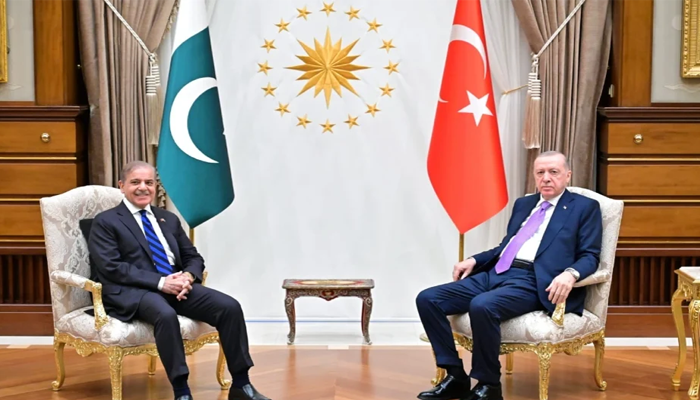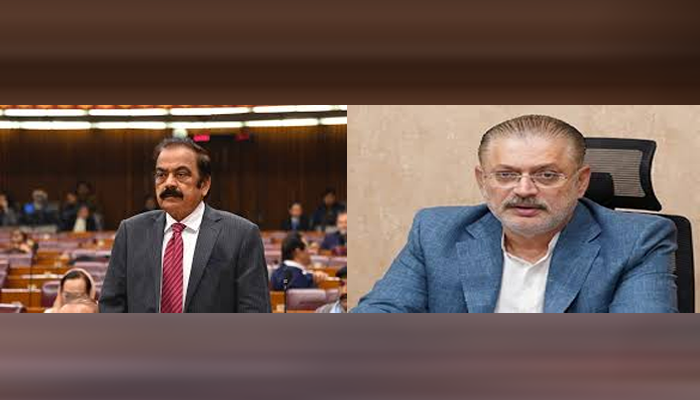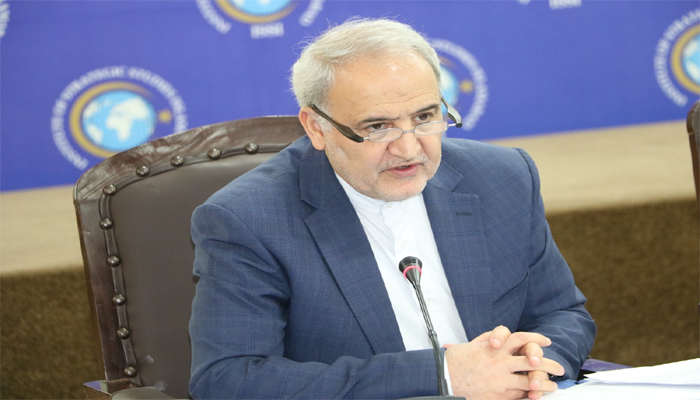ISLAMABAD: Pakistan’s top civil and military leadership gathered on Wednesday for an emergency meeting of the National Security Committee (NSC), as tensions with neighboring India escalated dramatically following a deadly attack in India-occupied Kashmir.
The high-level huddle, chaired by Prime Minister Shehbaz Sharif, is focused on reviewing the situation and formulating a comprehensive response to what Islamabad has described as “a series of hostile and unilateral Indian actions.”
The meeting comes in the wake of an attack in the Pahalgam region of Indian-held Kashmir, where gunmen killed 26 people and injured 17 others in a tourist-heavy area. Indian authorities swiftly blamed Pakistan for the incident, labeling it a cross-border terror operation. Pakistan, however, has firmly rejected the accusation, calling it a “false flag operation” and expressing condolences for the victims.
According to state broadcaster Radio Pakistan, the NSC is deliberating on both internal and external security implications and is expected to make key decisions on how to respond to India’s “hastily taken and impractical” steps — chief among them, the suspension of the Indus Waters Treaty (IWT), a move Pakistan views as a dangerous escalation.
Signed in 1960 with World Bank mediation, the IWT has survived multiple wars and diplomatic breakdowns. India’s decision to unilaterally suspend it marks a historic rupture in the bilateral framework that has long governed water-sharing between the two nuclear-armed rivals. Pakistani leaders have strongly condemned the move, branding it “water warfare” and a violation of international law.
In addition to the treaty suspension, India has downgraded diplomatic ties, closed major transit points at the border, and blocked official Pakistani government accounts on social media within Indian territory. Indian media also reported the summoning of Pakistan’s charge d’affaires in New Delhi.
Reacting strongly, Prime Minister Shehbaz Sharif’s office issued a statement saying the NSC is “considering serious and important decisions in the context of India’s irresponsible behavior and provocative steps,” particularly following the “fabricated narrative” being built around the Pahalgam attack.
Deputy Prime Minister and Foreign Minister Ishaq Dar, Defence Minister Khawaja Asif, and several key federal ministers were seen arriving at the Prime Minister’s Office earlier today, highlighting the gravity of the situation.
Meanwhile, reports have emerged of harassment and violence against Kashmiri students and Muslim communities in several Indian cities, prompting concerns of rising communal tensions.
Indian Prime Minister Narendra Modi vowed on Tuesday to pursue those responsible for the Pahalgam attack “to the ends of the Earth,” in remarks widely seen as hardening his administration’s already aggressive posture.
As the region holds its breath, the outcome of the NSC meeting is expected to shape Pakistan’s strategic posture in the coming days. Analysts warn that the diplomatic and security spiral between Islamabad and New Delhi could deepen if de-escalation measures are not swiftly pursued.
A formal statement from the NSC is expected later today.

